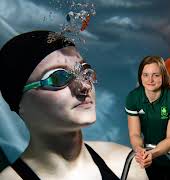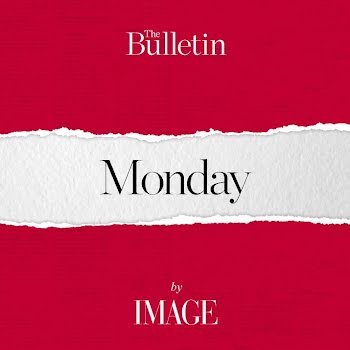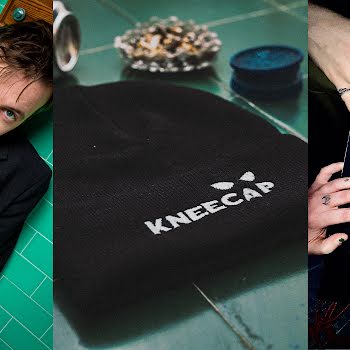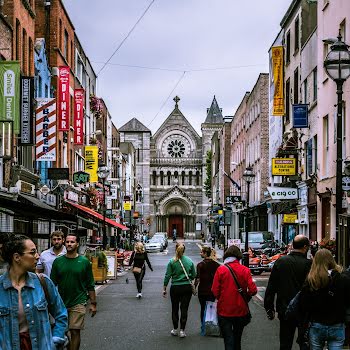
Education gap: New study highlights gap between Ireland’s richest and poorest third level students
By Erin Lindsay
07th Dec 2020
07th Dec 2020
A new study from the Higher Education Authority has examined Ireland’s third level institutions from a socioeconomic point of view
Students who attend third-level education in Ireland are twice as likely to be from an affluent background than a disadvantaged one.
The news comes from a new study from the Higher Education Authority, which examines the participation and progress of students from differing socioeconomic backgrounds.
The study showed that 20% of the country’s third level students are from the most affluent areas of the country, compared to to just 10% from the most disadvantaged.
This education gap is more pronounced in colleges in Dublin and Cork compared to the rest of the country, and even more so when broken down by third level institutions themselves.
Trinity College, University College Dublin and Royal College of Surgeons have the highest shares of affluent students in the state, at 36%, 35% and 33% respectively. Letterkenny IT has the highest share of students from disadvantaged backgrounds at 25%, largely due to its catchment area of Donegal, which is home to some of the country’s most disadvantaged areas.
Within institutions themselves, there are also socioeconomic gaps to be seen between certain courses and areas of study. For example, just 4% of students in high-points courses such as medicine or law are from disadvantaged areas, while these areas are much more represented in childcare, social work and sports-related courses.
The cost of college
One of the largest factors in determining third level attendance is the cost of college education in Ireland. While state third level institutions are ‘fee-free’, they charge a mandatory student contribution of €3,000. According to the Zurich Cost of Education Survey 2020, this is just one of many large expenses that face students hoping to attend university.
Zurich’s survey found that third level students spend an average of:
- €3945 annually on student accommodation, or:
- €3,689 on rented accommodation
- €358 on transport
- €1,260 in parental financial support
Accessing education
Simon Harris, Minister for Higher Education, said that the study will be used to craft the government’s new National Access Plan for third-level education.
“This is a really valuable and important piece of work,” he said.
“We must ensure that our policies strengthen the participation of students in higher education and to do that, we need accurate data and evidence.
“This is the second year of such data collection and I believe it will be an excellent resource to us as we prepare our new National Access Plan. I want to thank the Higher Education Authority for its work on this report.”






















